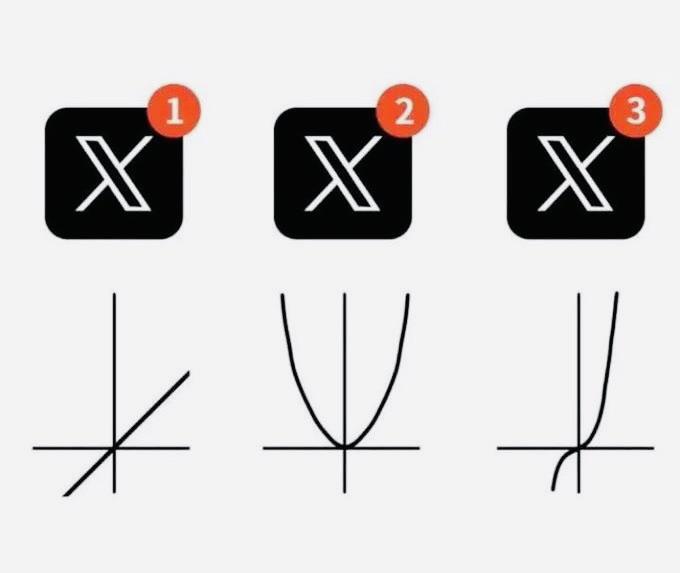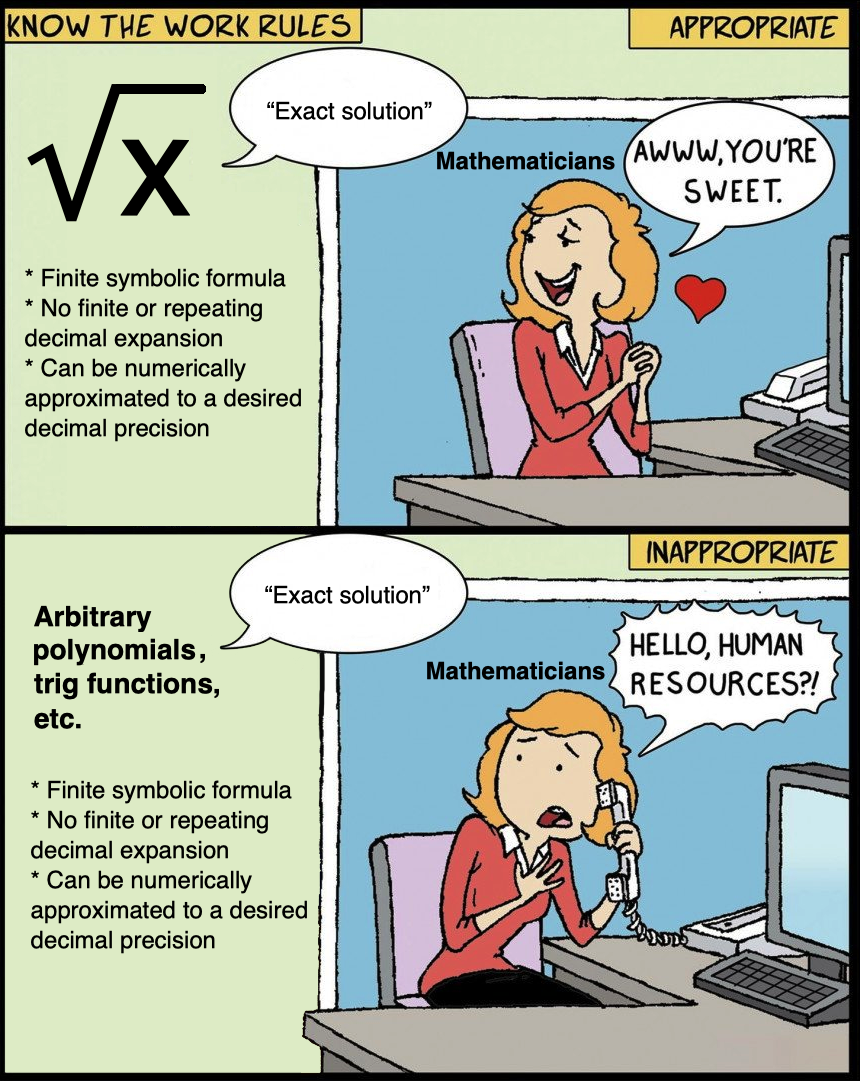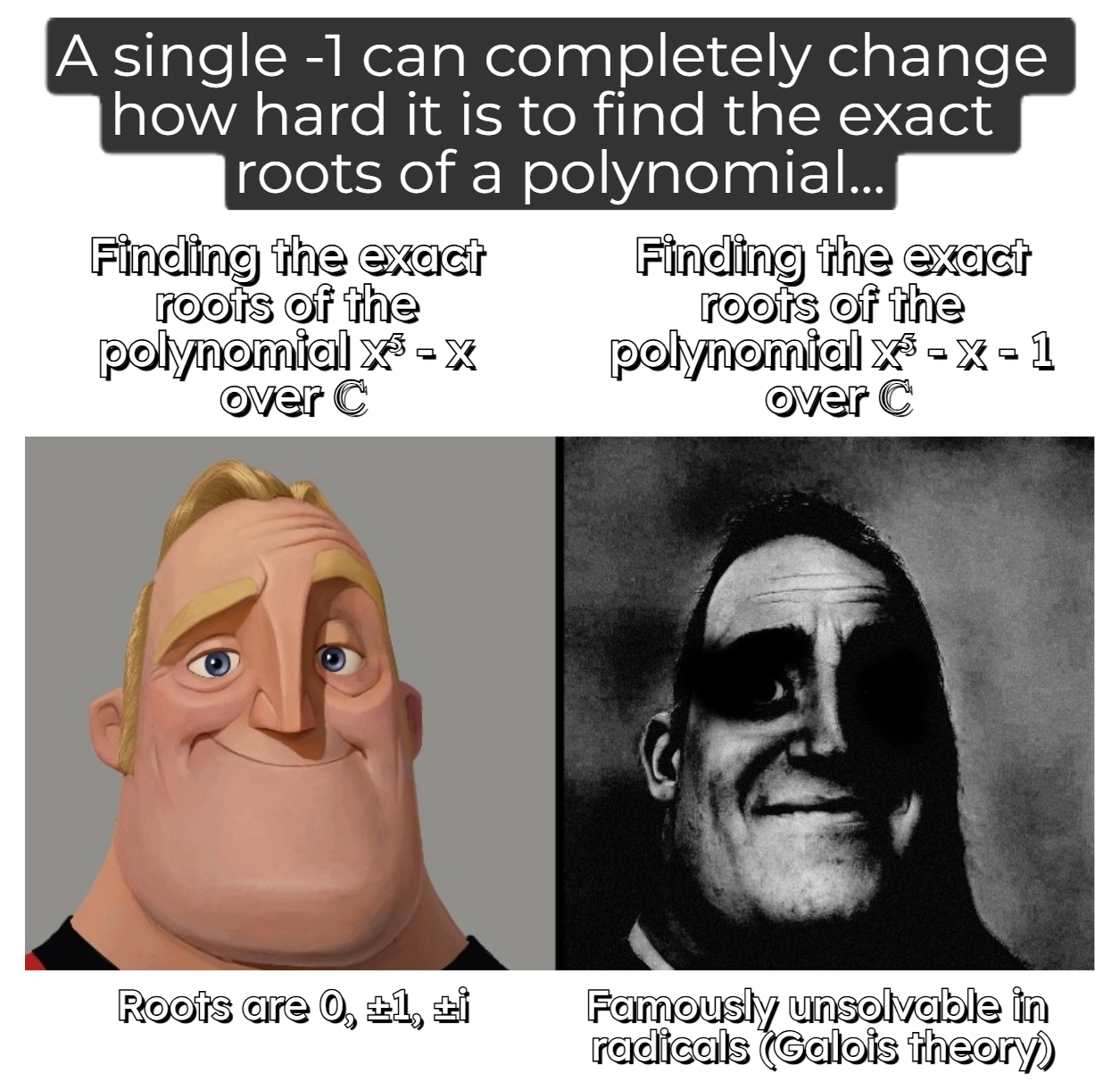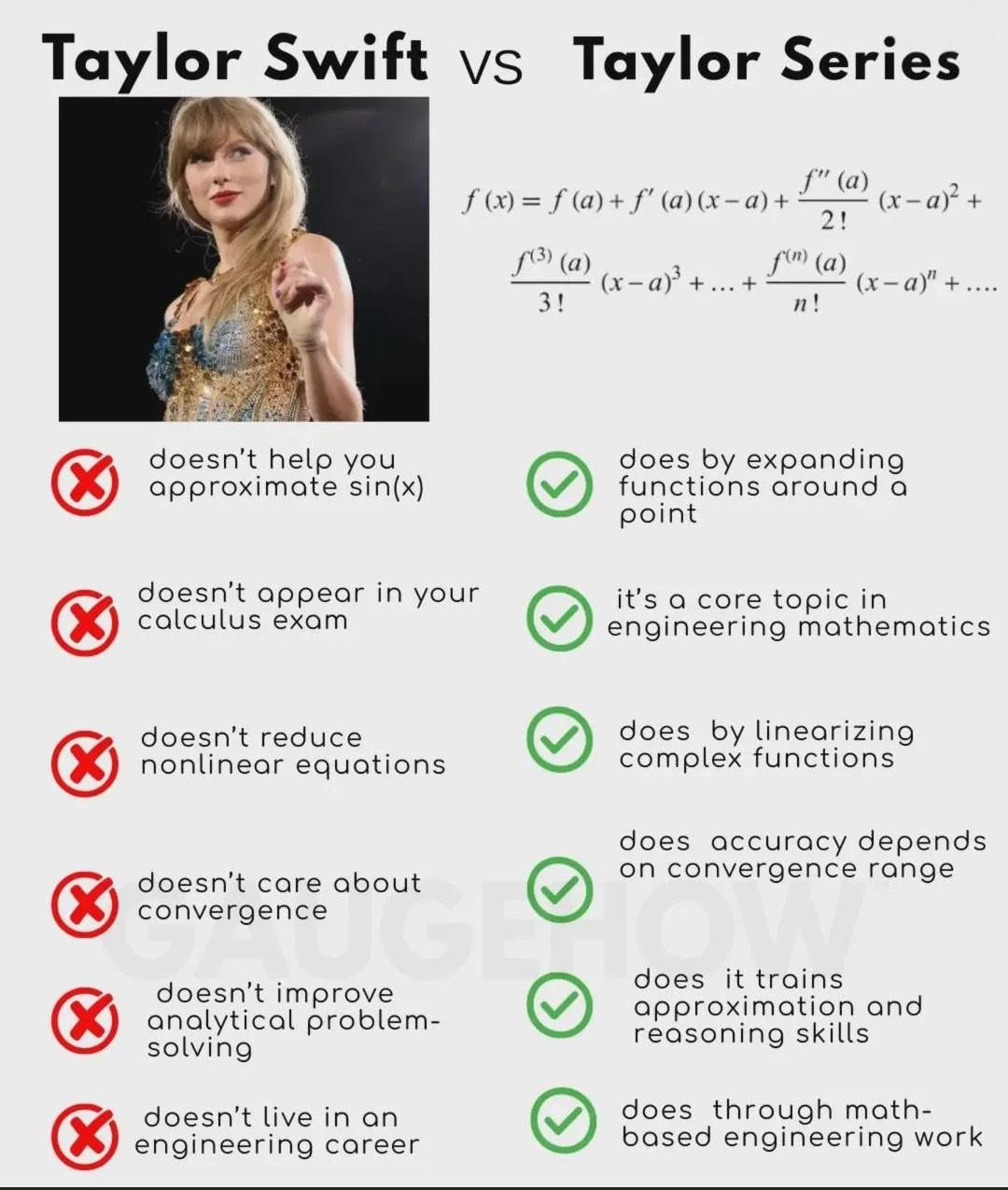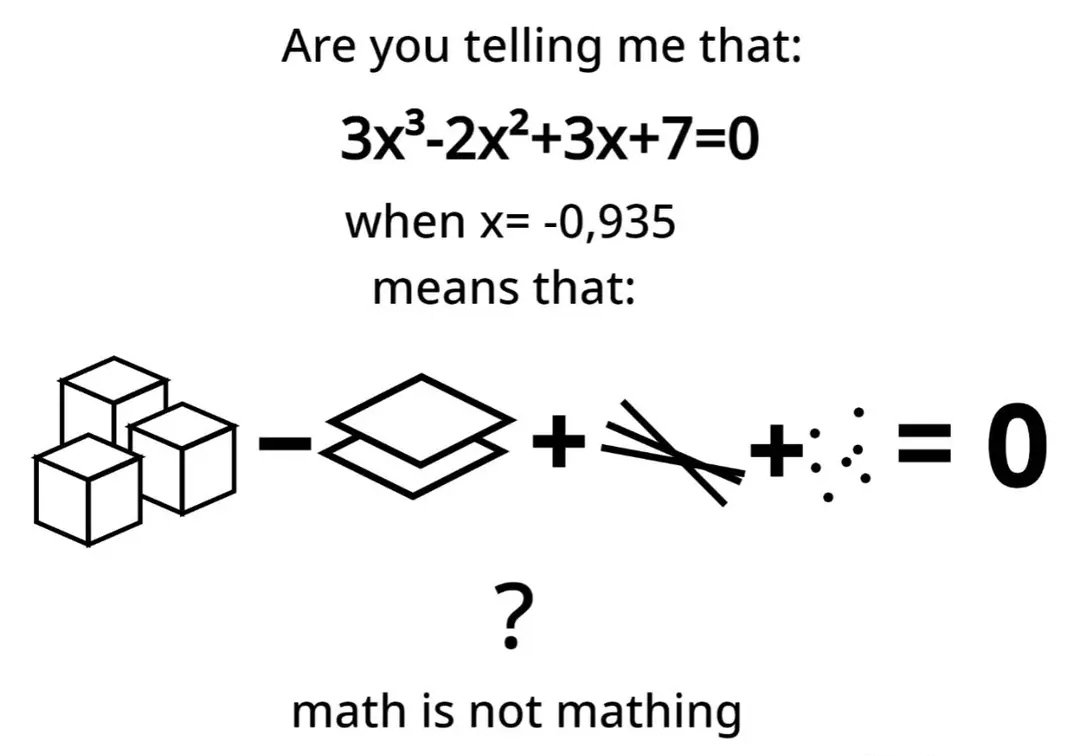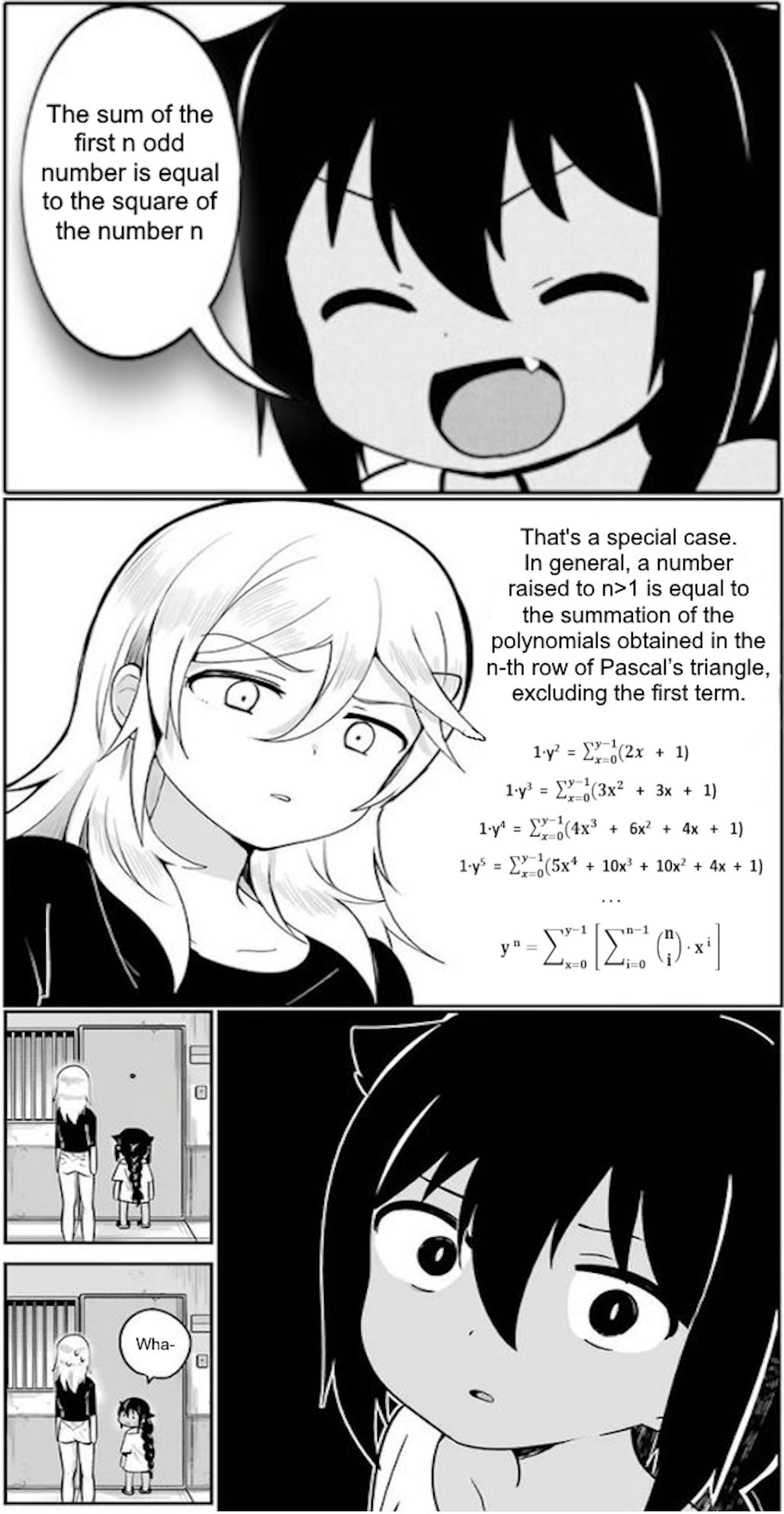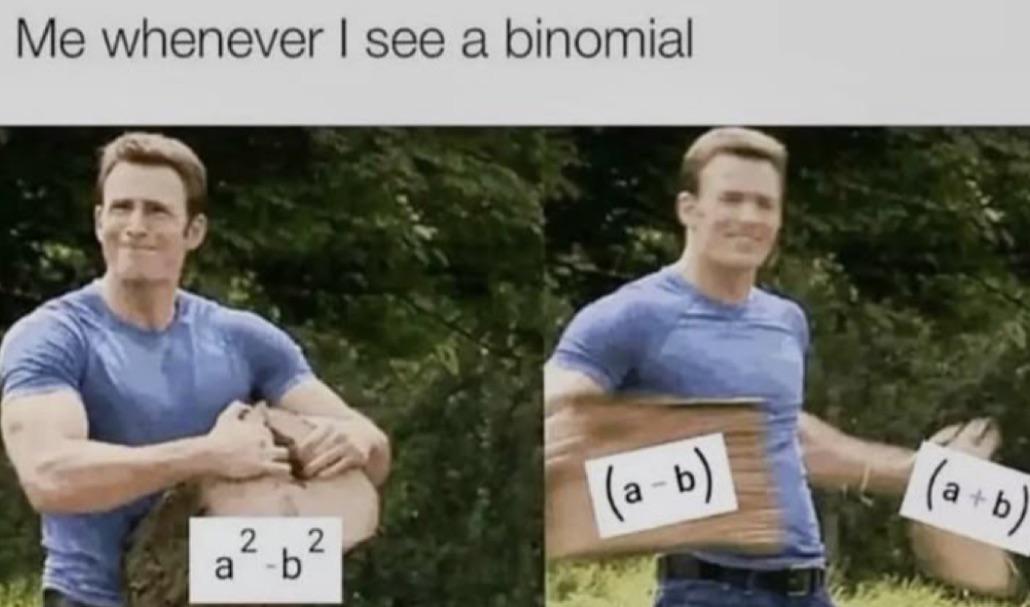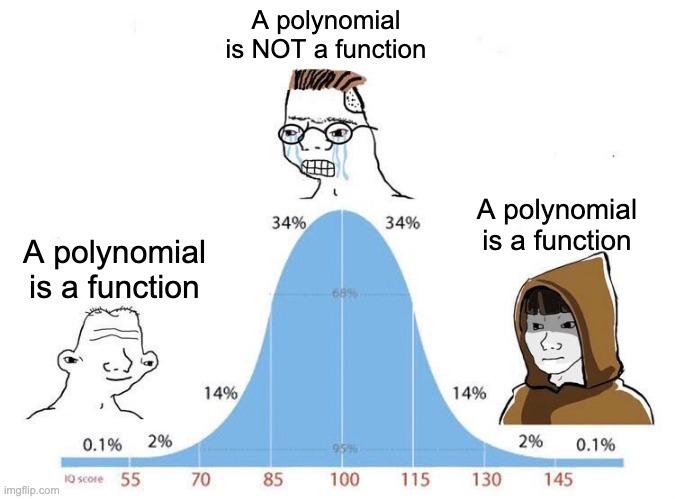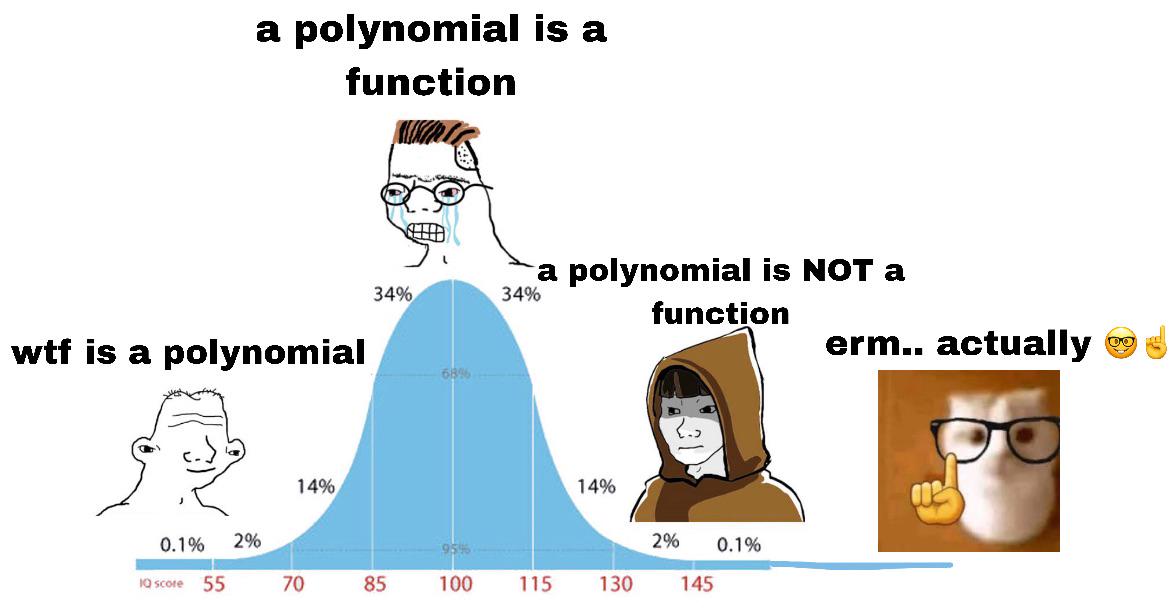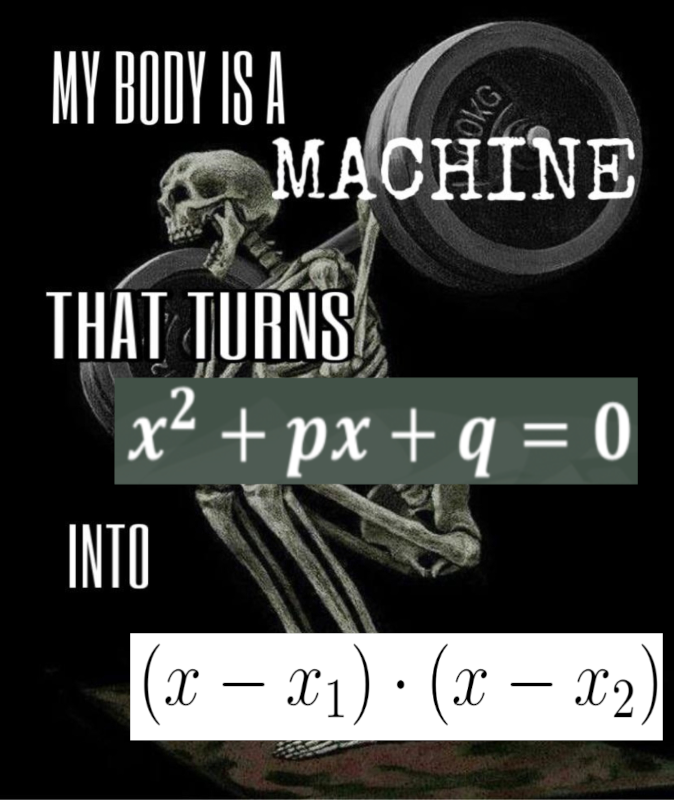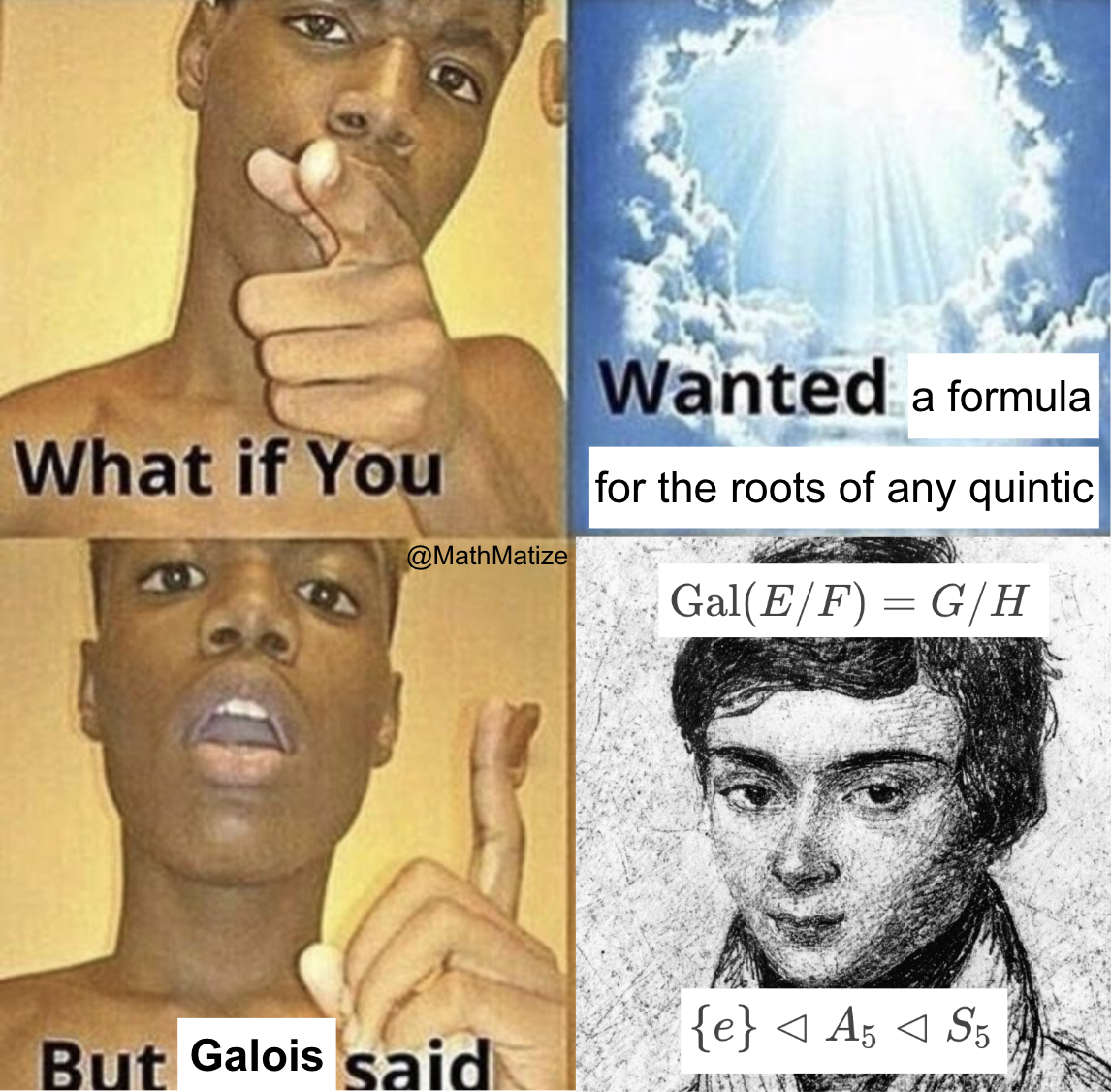Ever notice how math problems go from "yeah, I got this" to "I need therapy" with just one tiny change? That's polynomial roots for ya! On the left, we have x³-x with its neat little roots at 0, 1, and -1 — practically begging to be solved. But add that innocent-looking "-1" to get x³-x-1 and suddenly you've entered mathematical horror territory. That equation can't be solved with radicals thanks to Galois theory, which is basically the math world's way of saying "nice try, human." It's like going from making instant ramen to trying to cook a five-course French meal... while blindfolded... on a unicycle. Next time someone says math is straightforward, show them this and watch their soul leave their body.


 Academia
Academia
 Ai
Ai
 Astronomy
Astronomy
 Biology
Biology
 Chemistry
Chemistry
 Climate
Climate
 Conspiracy
Conspiracy
 Earth-science
Earth-science
 Engineering
Engineering
 Evolution
Evolution
 Geology
Geology
